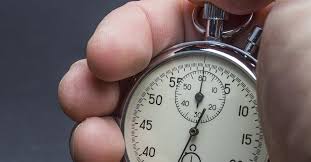
Reaction Time
When the starting gun goes off, you hear it.
When the ball is coming at you, you see it.
But how quickly does your body respond? And how is it responding? Do you jump, flail, or flinch? Or, do you respond with the precise muscle movements the situation requires?
Reaction time is how quickly you perform in your chosen sport or activity. But several factors go into a successful performance. Let’s look at a few types of reaction times.
Mental Reaction Time
Your mental reaction time is how quickly you perceive something.
In my hiking story from earlier, my mental reaction time was just fine. I was alert and perceived the moving rock quickly. However, I needed better physical reaction time.
Physical Reaction Time
Your physical reaction time is how long you take to physically respond to something.
Physical reaction time is not just about moving; it’s about moving with purpose. This is why competitive athletes practice so often.
To be first, to be fastest, you need superior physical reaction time.
Simple Reaction Time
Simple reaction time involves your reaction to a single stimulus. It’s just you versus one object, sound, or person.
Complex Reaction Time
Your complex reaction time involves decision-making. Even if your decision isn’t affected, complex reaction time means you have to take other factors into account.
What Is The Average Reaction Time?
To improve reaction time, you have to know where you stand. That begins with knowing where everyone else stands.
Average Human Reaction Time
Some research says that the average human reaction time is approximately 250 milliseconds. That is a quarter of a second.
There are a few more things to know about this. One, that reaction time average is based on simple reaction time. One stimulus, one reaction.
Two, researchers suggest that 200 of those milliseconds are mental. Only 50 milliseconds is spent on muscle response.
Reaction Time In Sports
Because sports require fast complex reaction times, the “average” is a bit different. The unique situation and the sport itself will determine what is average.
But what really matters is being better than average.
We know that the average muscle response to a single stimulus is 50 milliseconds. Therefore, the difference between being a hero on the field and letting everyone down is just a few milliseconds.

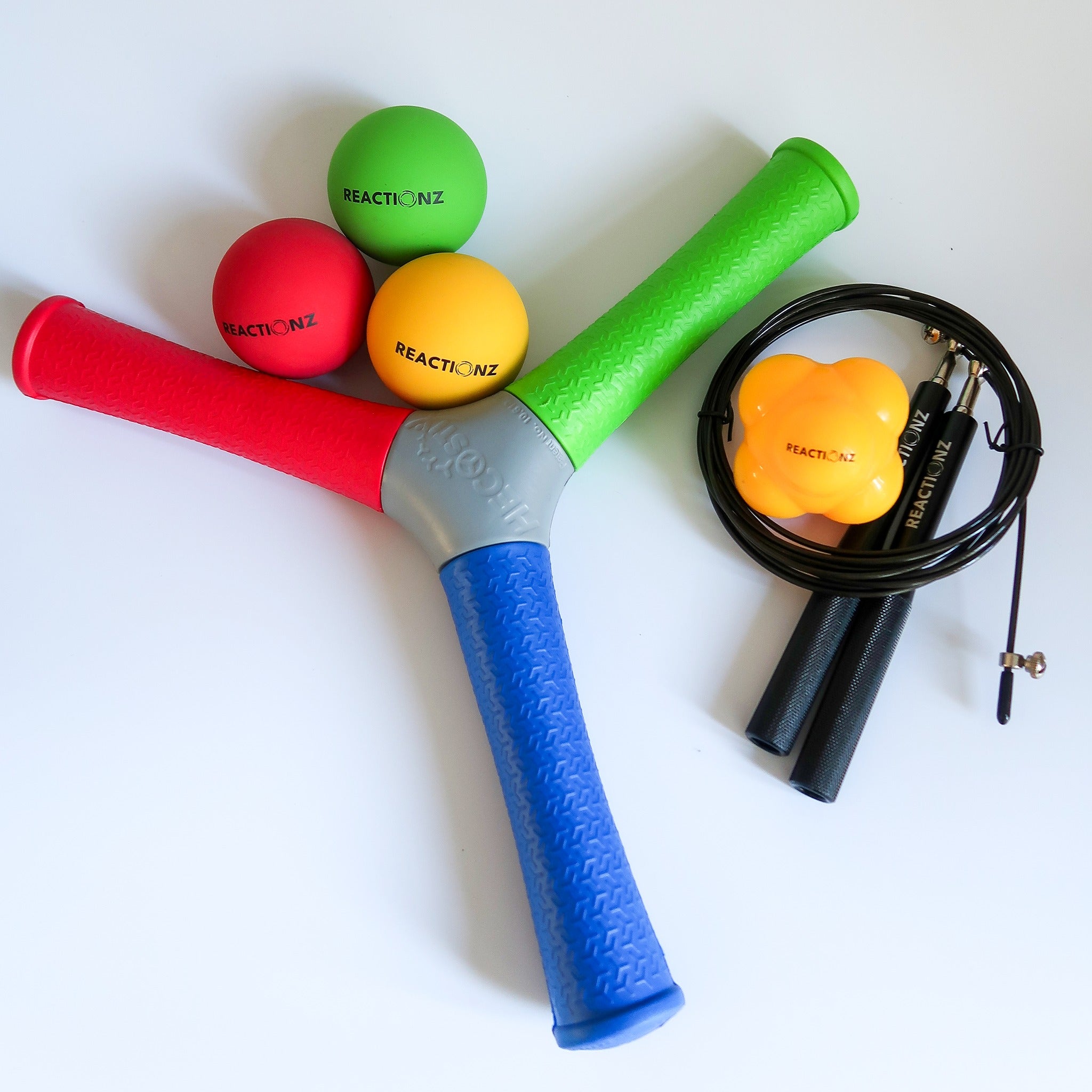
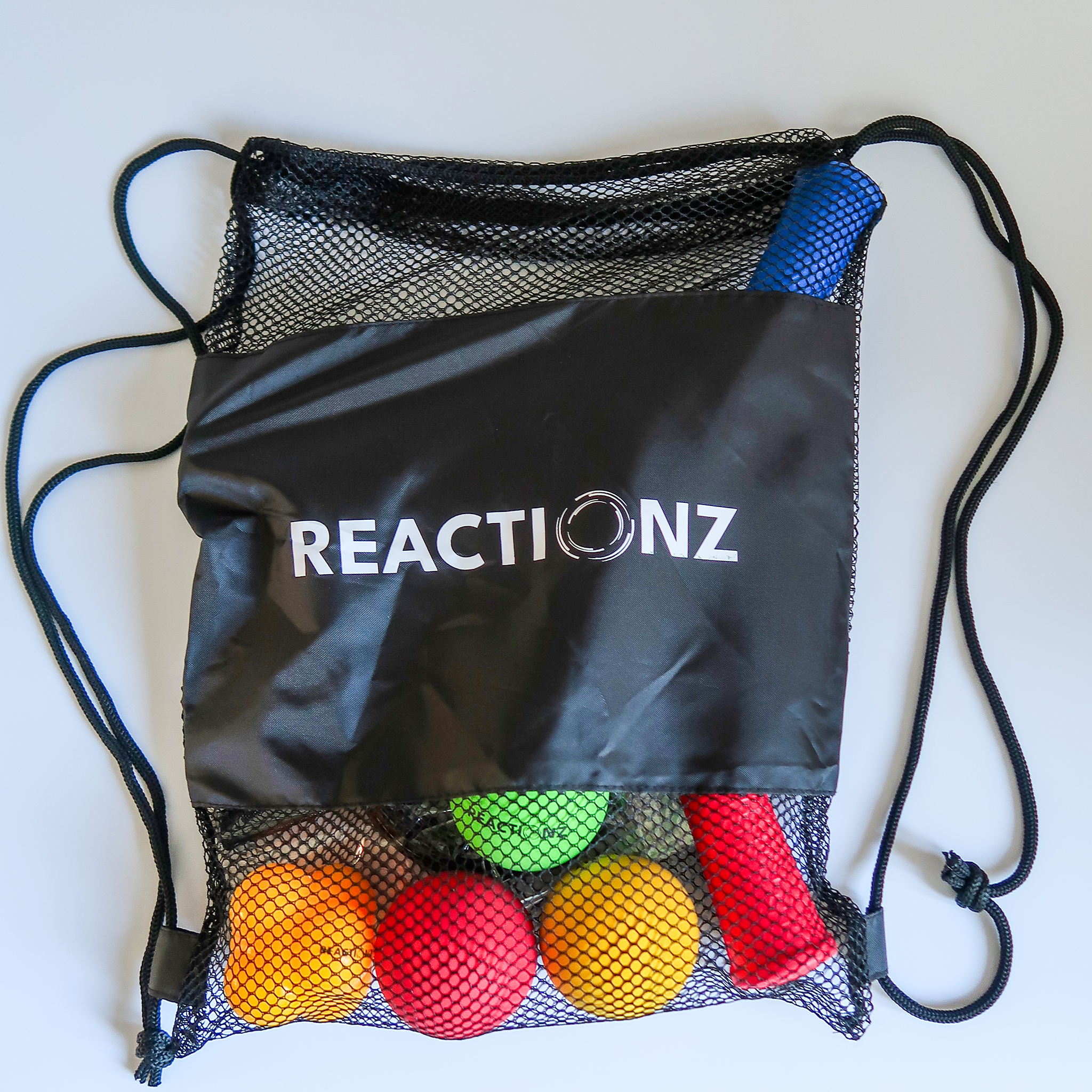
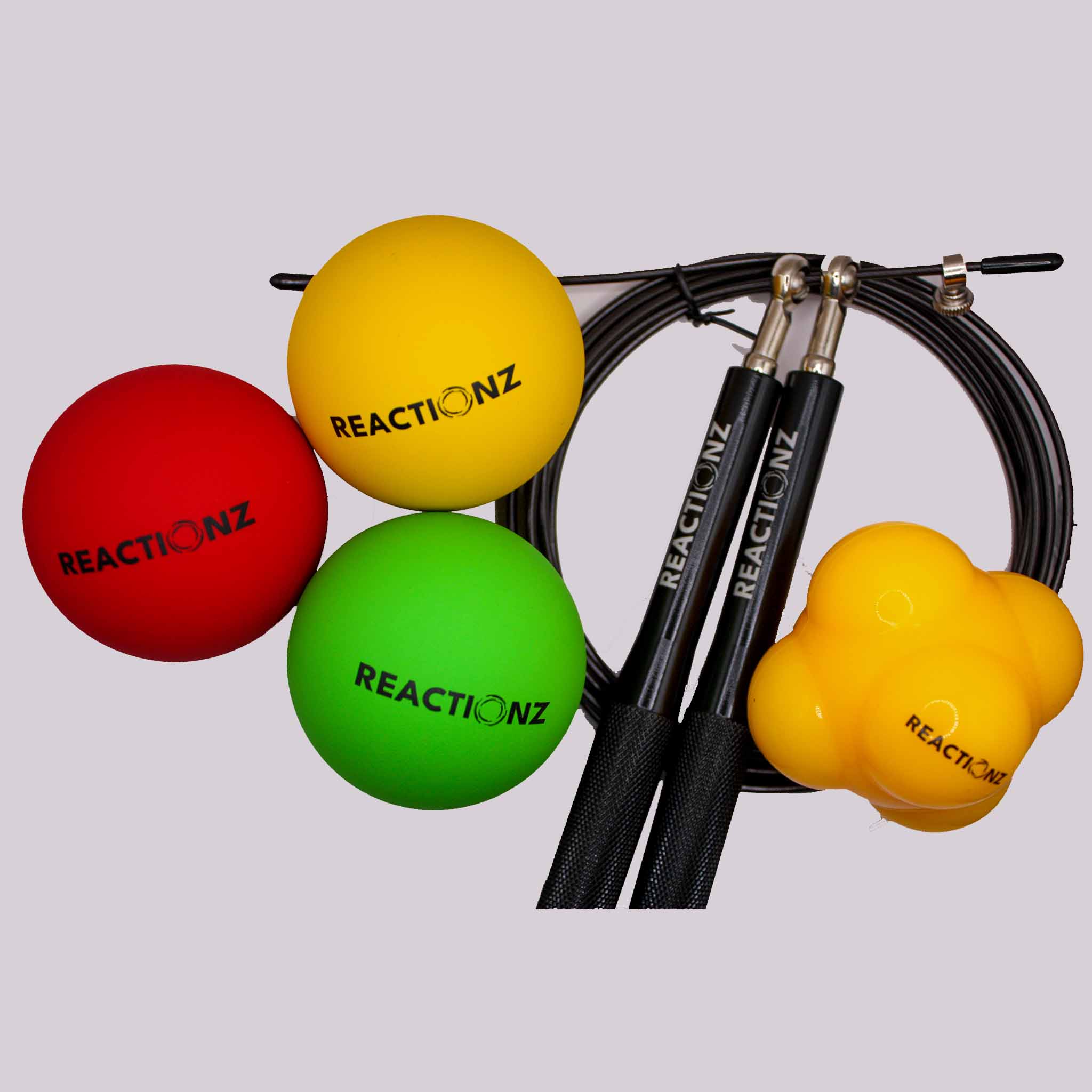
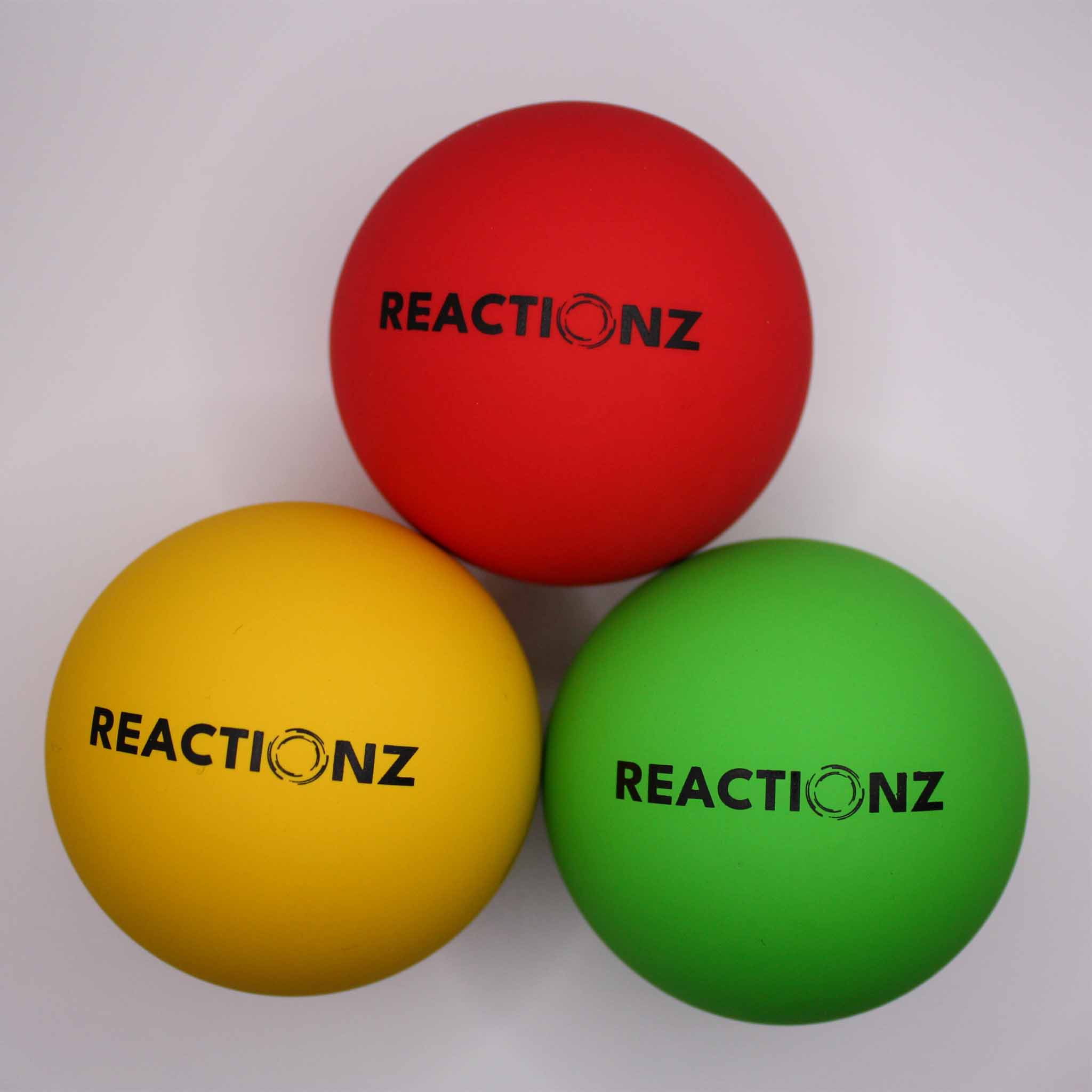
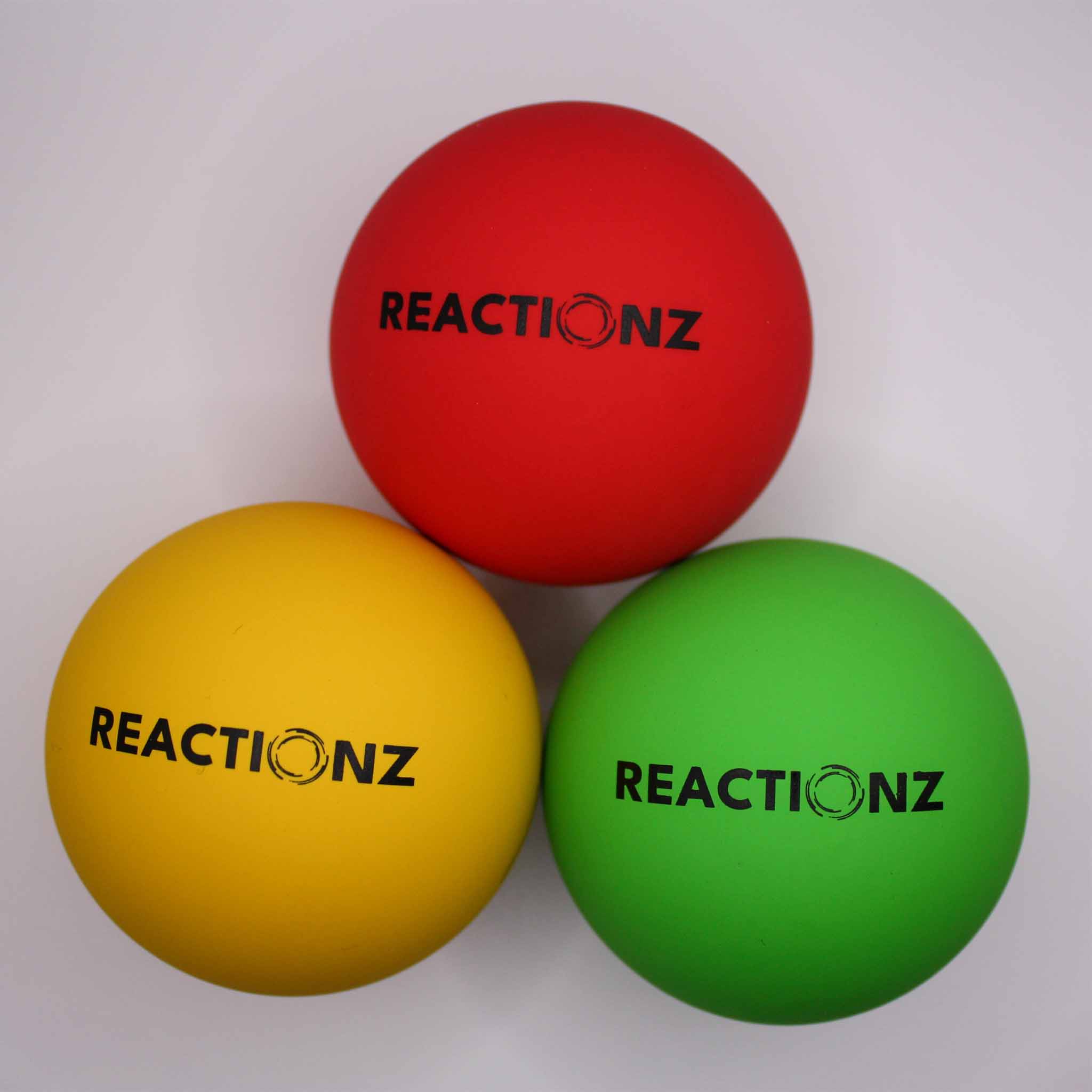
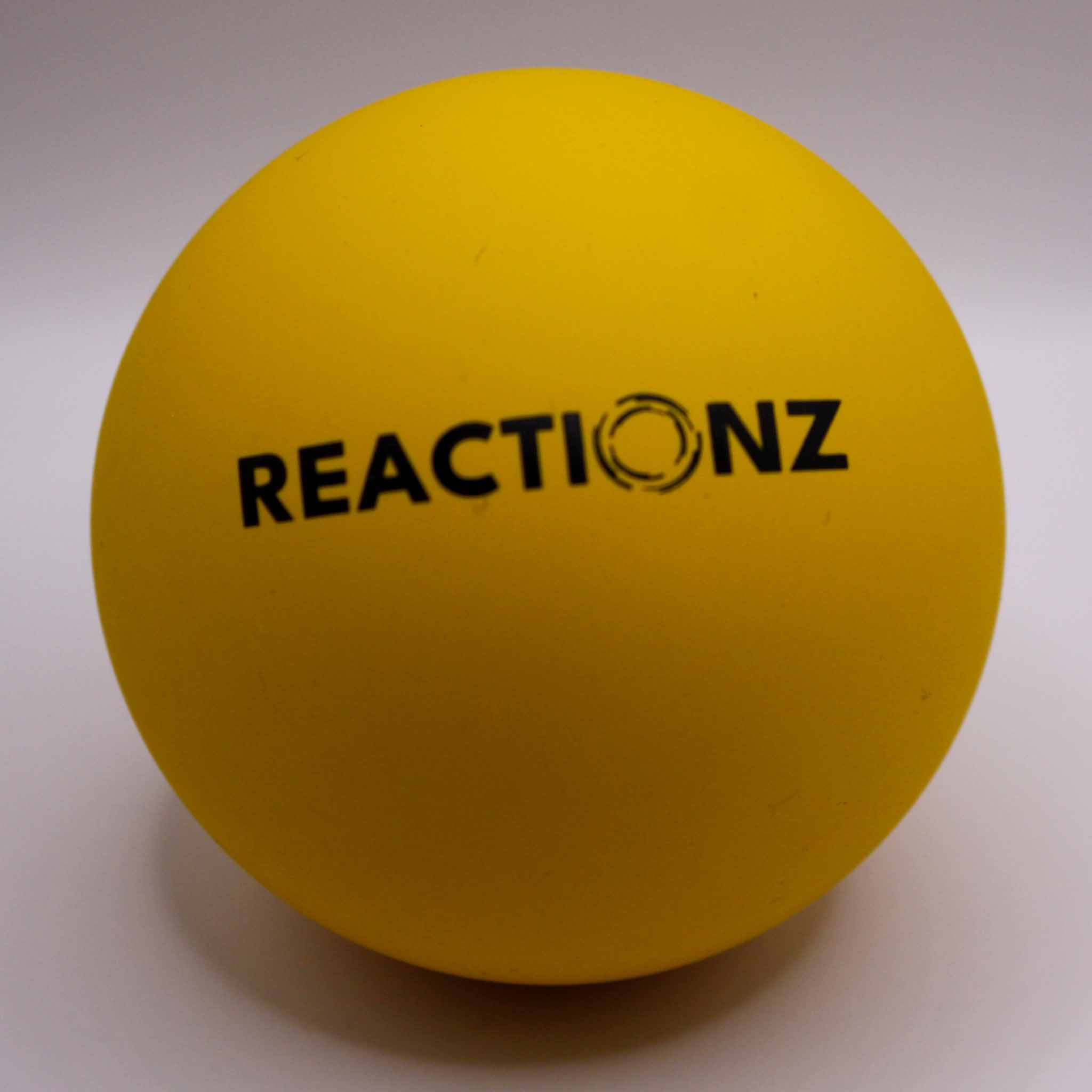
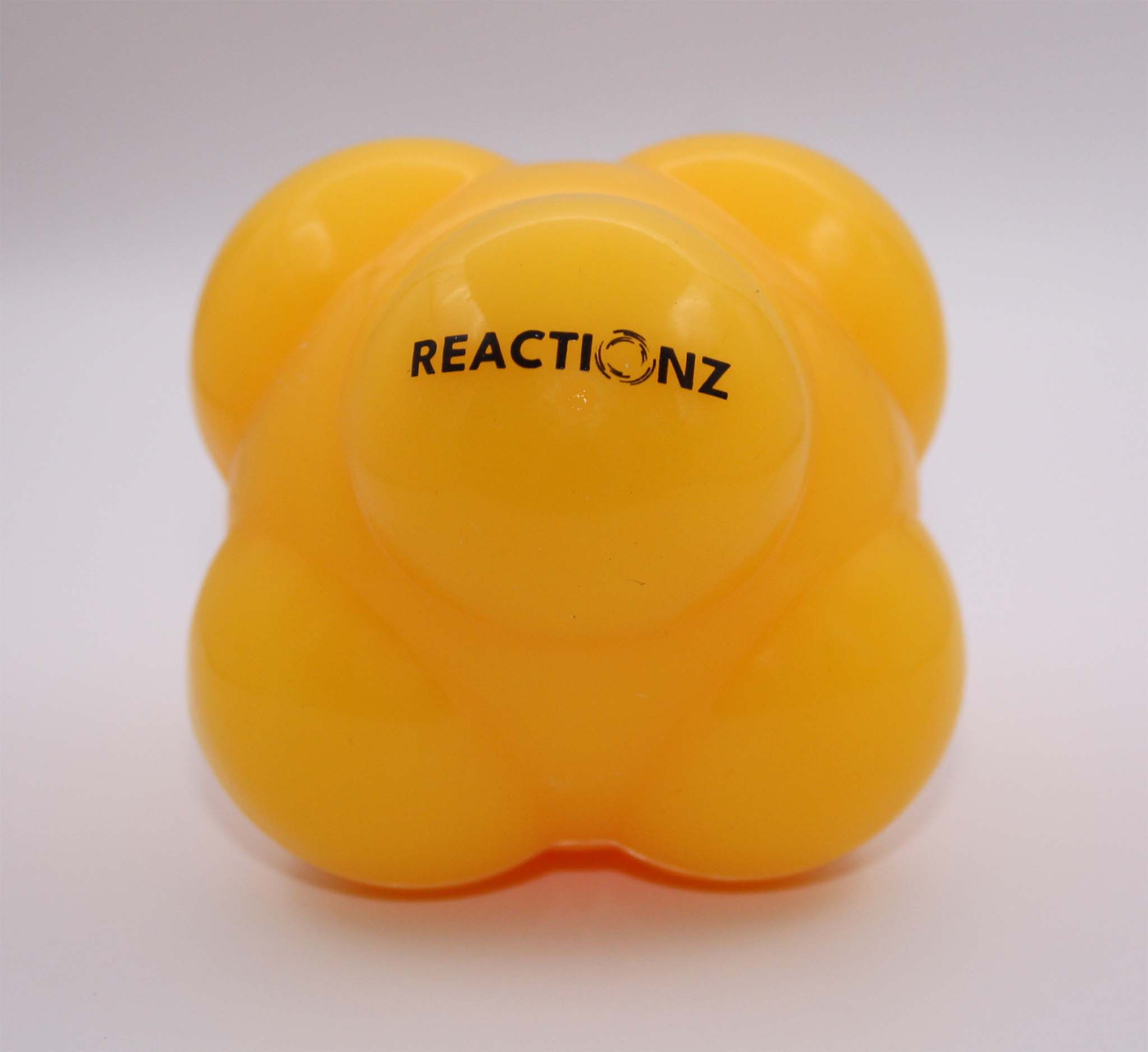




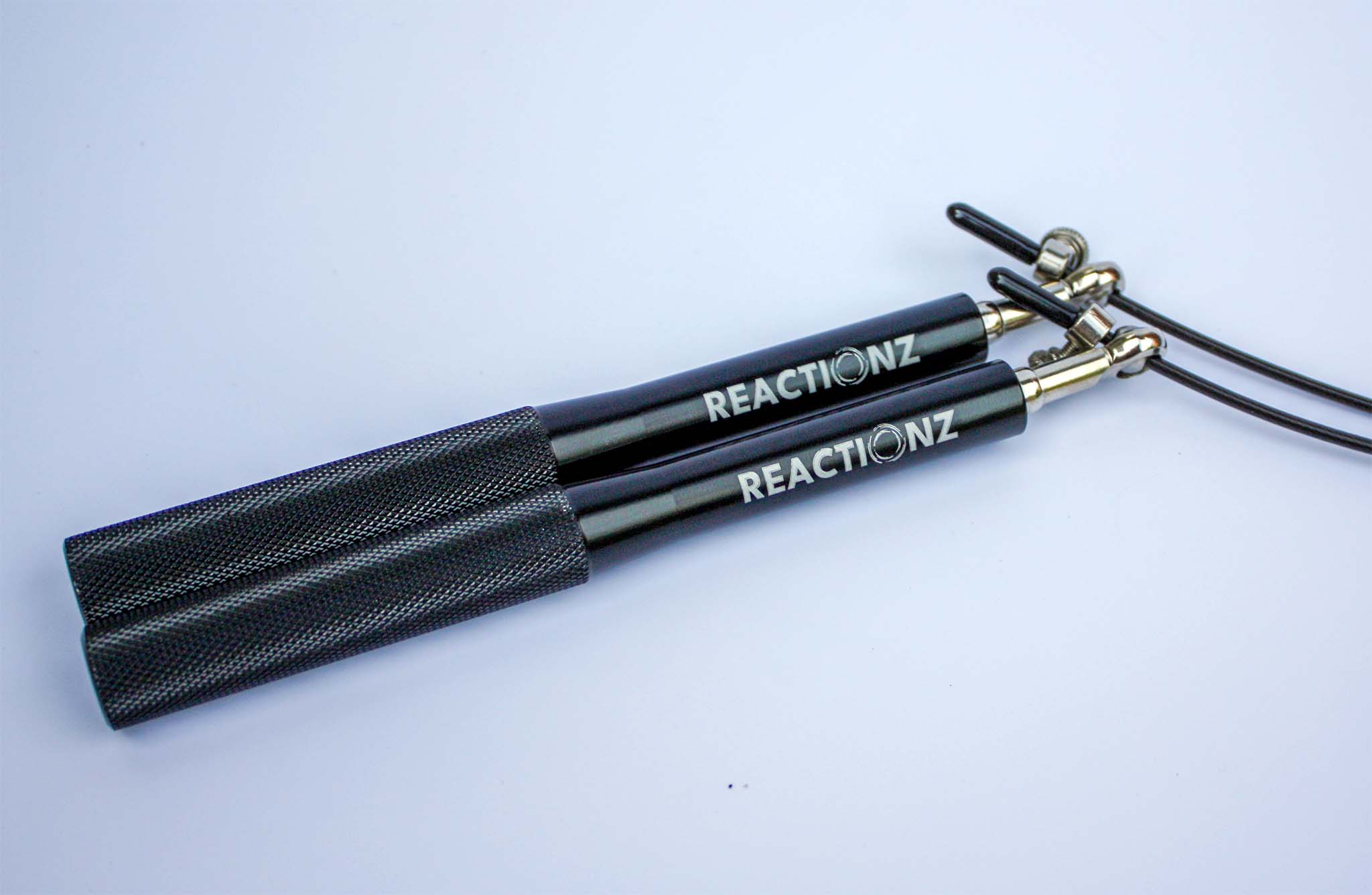
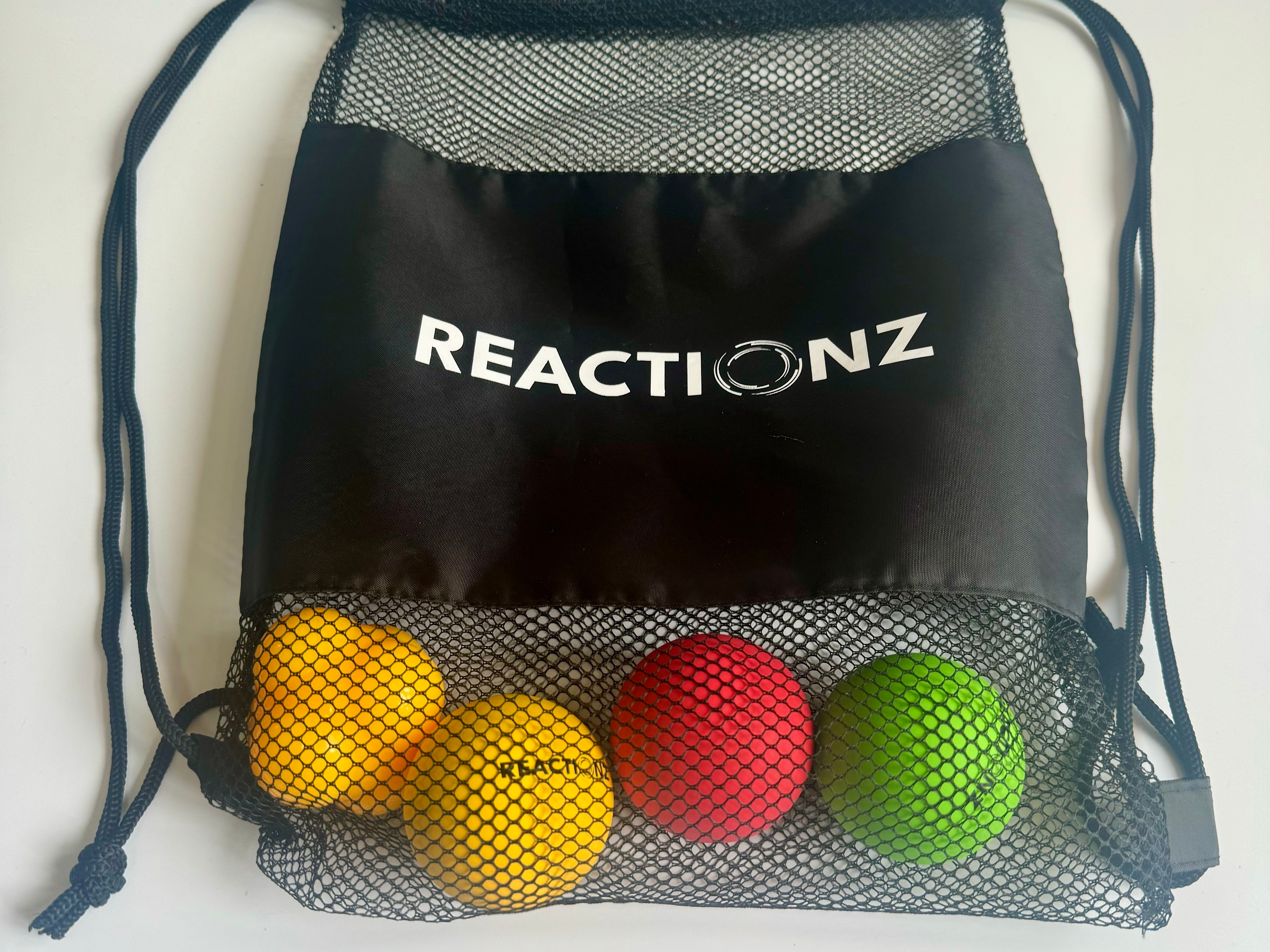
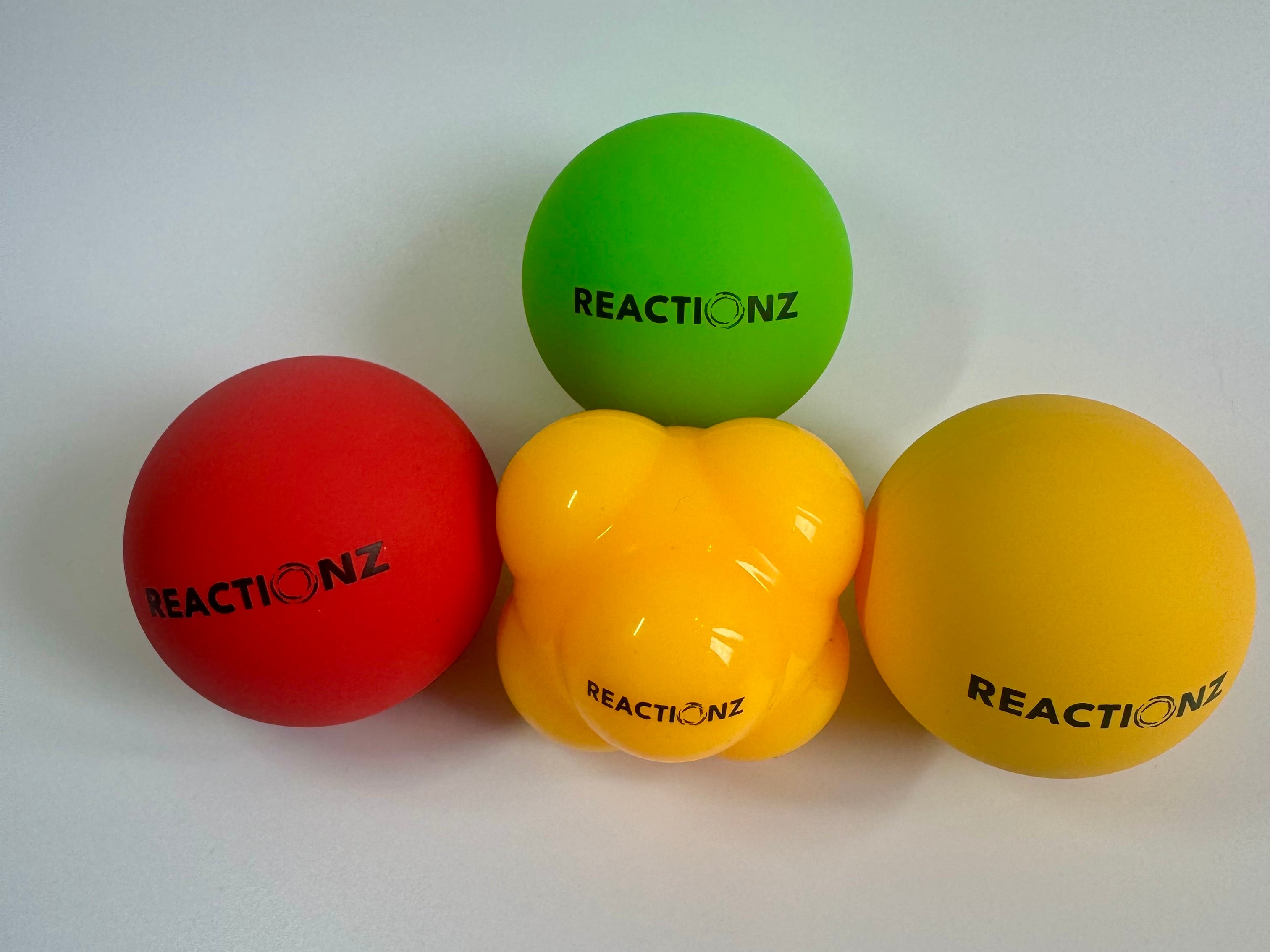
Comments (0)
Back to Reaction Training Library